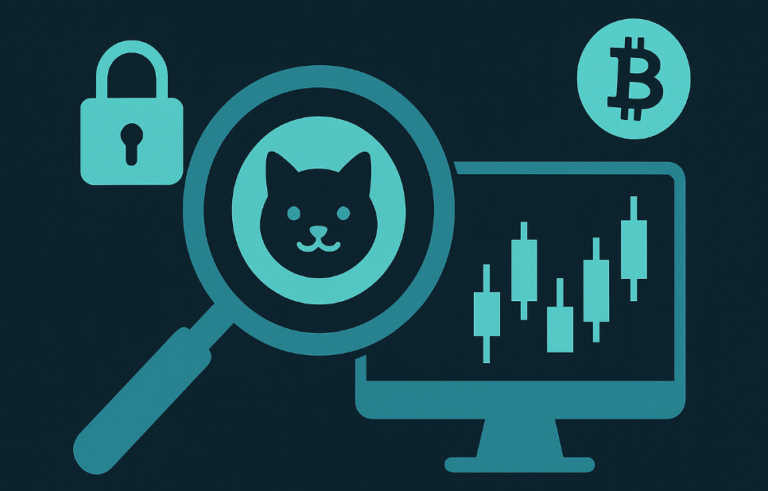
It wasn’t Elon Musk speaking to millions of viewers during a SpaceX livestream—it just looked and sounded a lot like him.
On June 4, while fans around the world tuned in to watch the launch of the Starship rocket, over 35 YouTube channels were streaming something else: a deepfake Musk pitching a crypto “giveaway” that promised to double any deposits sent to a scam wallet.
According to a report from Avast Threat Labs, the operation hijacked dozens of live YouTube feeds. One of the faked channels had 2.9 million subscribers—nearly half the size of the real SpaceX channel, but without the verified checkmark.
The deepfake footage was slick. A wide-angle shot showed Musk speaking outdoors. His voice—though artificial—was eerily accurate, mimicking his cadence, awkward pauses, and signature phrases like “Umm.” Overlaid on the video was a persistent QR code, directing viewers to send crypto in exchange for double returns.
“If you send one Bitcoin, you’ll get two,” the AI-generated voice claimed. “This is not a fake, this is a real giveaway. I personally guarantee it to you.”
Of course, it was fake. But to an untrained eye—and ear—it didn’t sound that way.
Old Scam, New Wrapping
This isn’t the first time scammers have deepfaked Elon Musk to bait crypto holders. In October 2023, a similar video touted BitVex, a fraudulent platform promising 30% returns. Just last month, Hong Kong regulators issued warnings over another Musk deepfake linked to Quantum AI—a supposed exchange falsely claiming Musk as its developer.
The June 4 attack felt different. It wasn’t just a fake video—it was layered into a high-profile livestream during one of SpaceX’s most anticipated launches. It weaponized anticipation and trust in real-time.
What Makes This Deepfake Dangerous?
Unlike many scams, this one blended smoothly into the YouTube interface. The production quality was high. The messaging was subtle. The AI voice nailed Musk’s verbal quirks with uncanny precision. For unsuspecting viewers watching what looked like an official stream, the experience was persuasive.
YouTube has since shut down the compromised channels, citing violations of its platform rules. But the damage—at least in terms of stolen funds and credibility—has already been done. As of now, the number of victims and total funds stolen remains unknown.
The Larger Threat
This is about more than Elon Musk. It’s about what happens when AI-generated content intersects with live global events. Crypto giveaways have long been a scammer favorite, but deepfakes take the deception to a new level.
The implications are chilling. Imagine this same playbook used during an election, a natural disaster, or a financial crisis.
For now, one thing’s clear: the scammers aren’t targeting just Musk’s image—they’re targeting our trust







